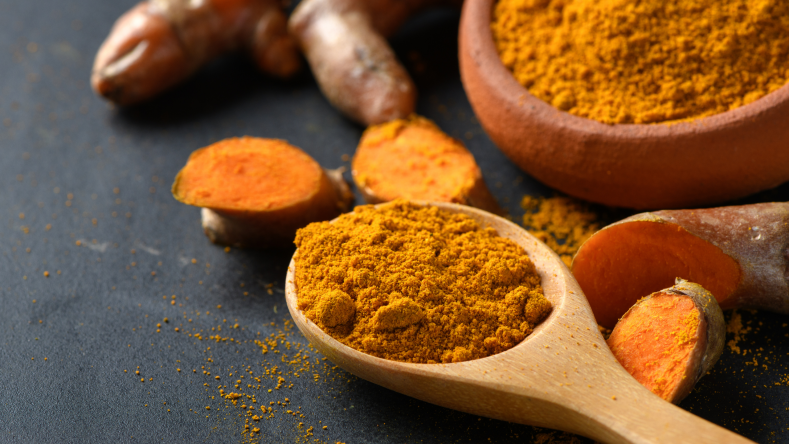What do adaptogens do?
This question is about Nutrition
Adaptogens are herbs that help the body cope with stress, anxiety, and fatigue. While adaptogens don’t prevent any stressful events from happening, they can improve the way your body reacts to certain stressors by reducing cortisol levels [ 1
There are many types of adaptogens, but some common ones include:
Ashwagandha.
Ashwagandha
is an evergreen shrub native to India and Southeast Asia and a commonly used medicinal herb in Ayurvedic medicine. Ashwagandha is commonly used to alleviate stress, anxiety, depression, and insomnia, and may be beneficial for reducing blood sugar, cholesterol, and inflammation [2
]. It can also enhance sleep, immunity, sports performance, memory, brain function, and may improve male fertility and improve sexual dysfunction in females.American ginseng (Panax quinquefolius). Ginseng is one of the most popular herbal medicines, and has been used in Chinese and alternative medicine for centuries to enhance physical and emotional health. While there are two types of ginseng (American and Asian), studies have found that American ginseng can improve memory, calmness, and the immune system [
3
].Holy basil (Ocimum tenuiflorum). Not to be confused with the basil you would find in your spice collection, holy basil is a potent herb that has been used in Indian Ayurvedic medicine to improve energy levels, relieve fatigue, and lower blood glucose, triglycerides, and cholesterol [
4
].Turmeric (Curcuma longa): Turmeric offers many anti-inflammatory properties and has been shown to boost brain function and improve depression [
5
].
Adaptogens aren’t the only way to manage chronic stress–check out these other science-backed stress relief strategies

People also ask:
References:
Panossian, A., & Wikman, G. (2010). Effects of adaptogens on the central nervous system and the molecular mechanisms associated with their stress—protective activity. Pharmaceuticals, 3(1), 188–224.
https://doi.org/10.3390/ph3010188
Salve, J., Pate, S., Debnath, K., & Langade, D. (2019). Adaptogenic and anxiolytic effects of ashwagandha root extract in healthy adults: A double-blind, randomized, placebo-controlled clinical study. Cureus.
https://doi.org/10.7759/cureus.6466
Scholey, A., Ossoukhova, A., Owen, L., Ibarra, A., Pipingas, A., He, K., Roller, M., & Stough, C. (2010). Effects of American ginseng (panax quinquefolius) on neurocognitive function: An acute, randomised, double-blind, placebo-controlled, crossover study. Psychopharmacology, 212(3), 345–356.
https://doi.org/10.1007/s00213-010-1964-y
Jamshidi, N., & Cohen, M. M. (2017). The clinical efficacy and safety of tulsi in humans: A systematic review of the literature. Evidence-Based Complementary and Alternative Medicine, 2017, 1–13.
https://doi.org/10.1155/2017/9217567
Bhatia, N., Jaggi, A. S., Singh, N., Anand, P., & Dhawan, R. (2011). Adaptogenic potential of curcumin in experimental chronic stress and chronic unpredictable stress-induced memory deficits and alterations in functional homeostasis. Journal of natural medicines, 65(3-4), 532–543.
https://doi.org/10.1007/s11418-011-0535-9
